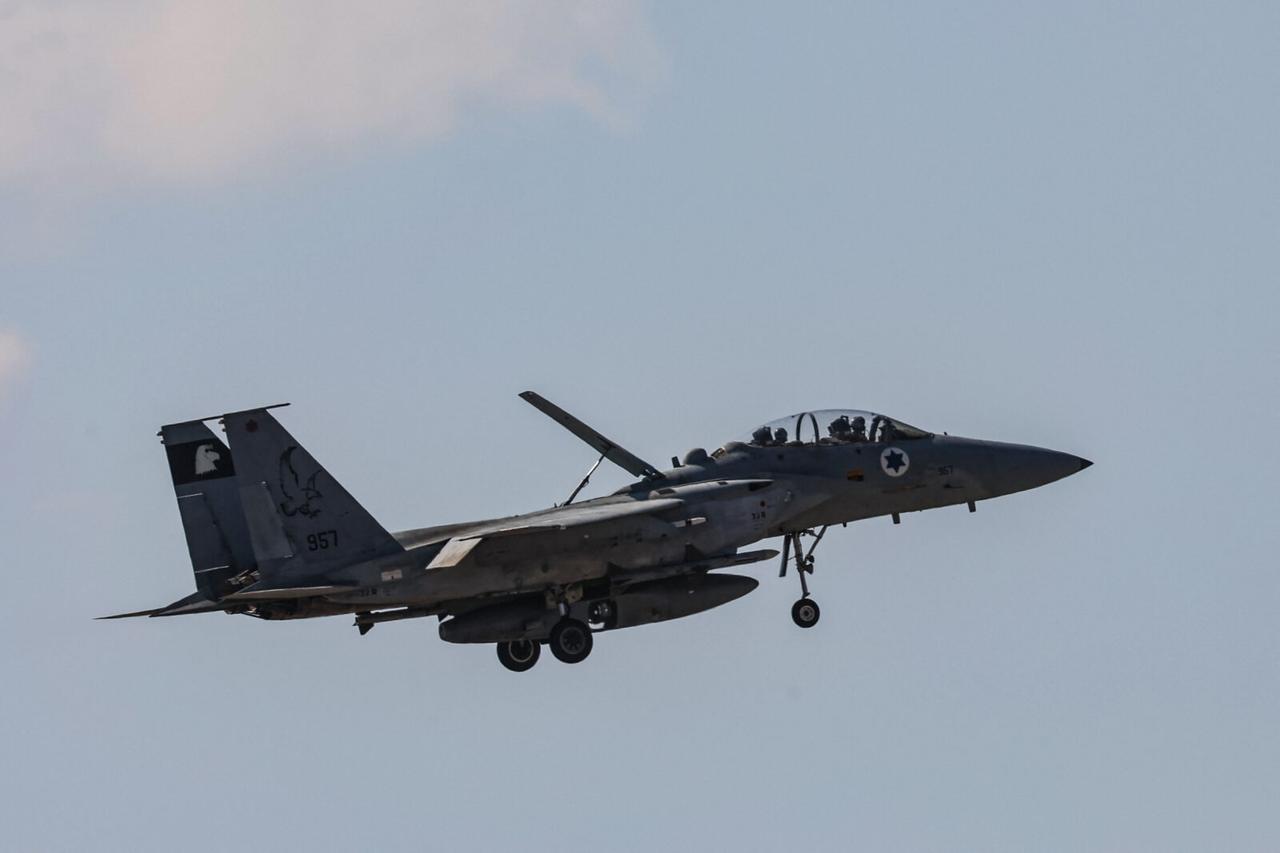
Israel has reportedly reassured the White House that it won't launch an attack against Iran's nuclear facilities unless President Donald Trump signals negotiations with Iran have failed, according to two Israeli officials with direct knowledge speaking to Axios.
Israel conveyed the message of reassurance during a visit to Washington last week by Strategic Affairs Minister Ron Dermer, Mossad Director David Barnea and National Security Adviser Tzahi Hanegbi, Israeli officials said.
One Israeli official told Axios that the Israelis made it clear to their U.S. counterparts that Israel won't surprise the Trump administration with a military strike on Iran.
"We calmed the Americans and told them there is no logic in launching an attack if a good diplomatic solution can be found. This is why we are going to give it a chance and wait with any military action until it is clear that negotiations were exhausted and (White House envoy) Steve Witkoff has given up," a second Israeli official said.
The Trump administration has been concerned in recent weeks that Israel is preparing to launch a strike despite the ongoing talks, with the US president cautioning Israeli Prime Minister Benjamin Netanyahu against making his move while talks are still taking place.
However, Trump also said his stance "could change with a phone call" if he feels the talks with Iran are going nowhere.
A senior Israeli official said that while the Israeli army is training all the time for a possible strike against Iran, the U.S. and other countries misread measures the Israeli army took ahead of strikes against the Houthis in Yemen as preparations for an imminent strike against Iran.
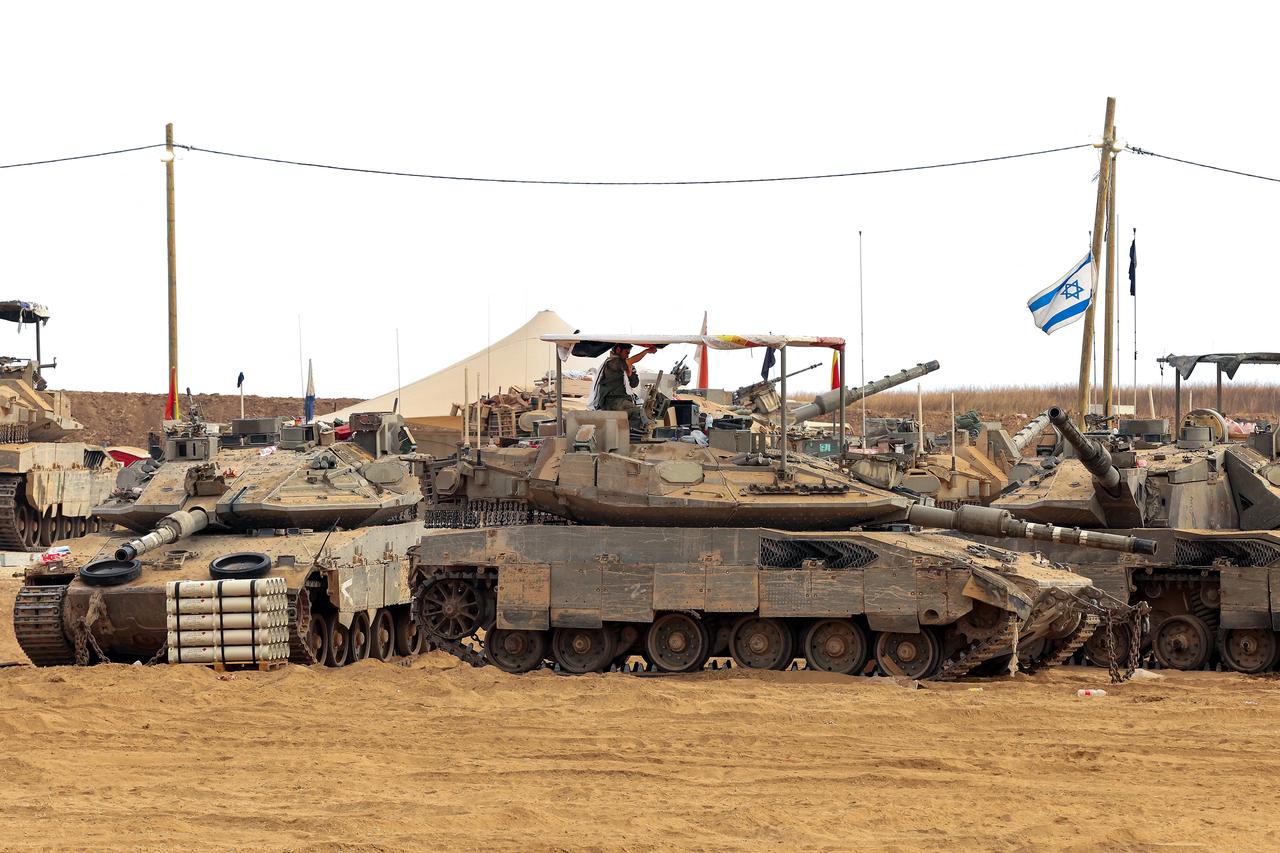
Netanyahu told Trump he's skeptical about the chances of a U.S.-Iran nuclear deal, according to an Israeli official.
The Israeli official thinks that, regardless of the gaps in the negotiations with the U.S., the Iranians will make an effort to prevent the talks from collapsing.
"It could take another several months of negotiations before Trump decides it has failed," one Israeli official said.
Trump recently accused Iran of "slowwalking" nuclear deal negotiations Wednesday after Iran's Supreme Leader Ali Khamenei rejected the latest American proposal.
In a Truth Social post Wednesday, Trump said he spoke with Russian President Vladimir Putin, who "suggested that he will participate in the discussions with Iran."
"It is my opinion that Iran has been slowwalking their decision on this very important matter, and we will need a definitive answer in a very short period of time!" Trump wrote.
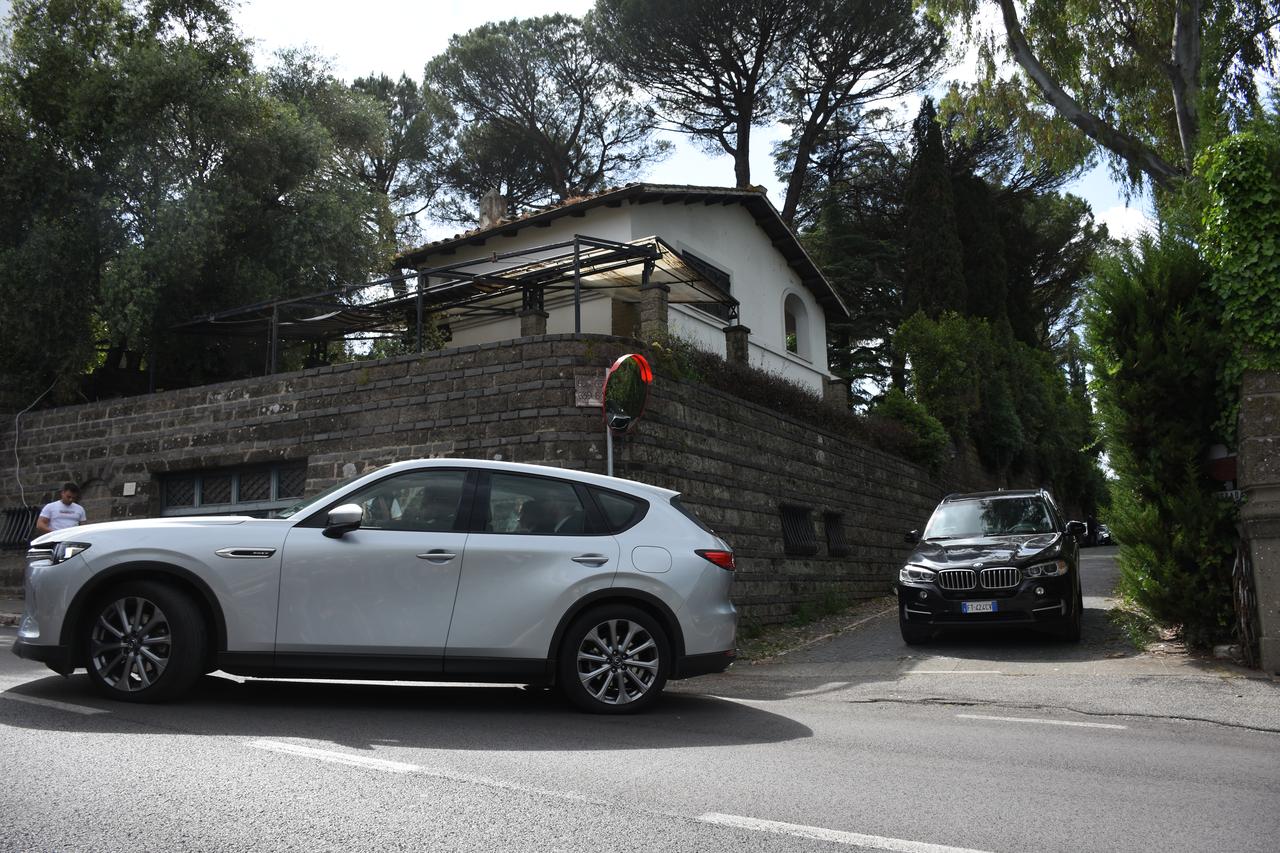
Speaking in a televised speech, Khamenei said the proposal presented by Americans was "100 percent against" notions of independence and self-reliance.
"Independence means not waiting for the green light from America and the likes of America," Khamenei stated.
Iran said Saturday it had received "elements" of the U.S. proposal through Omani mediators, with details not publicly disclosed.
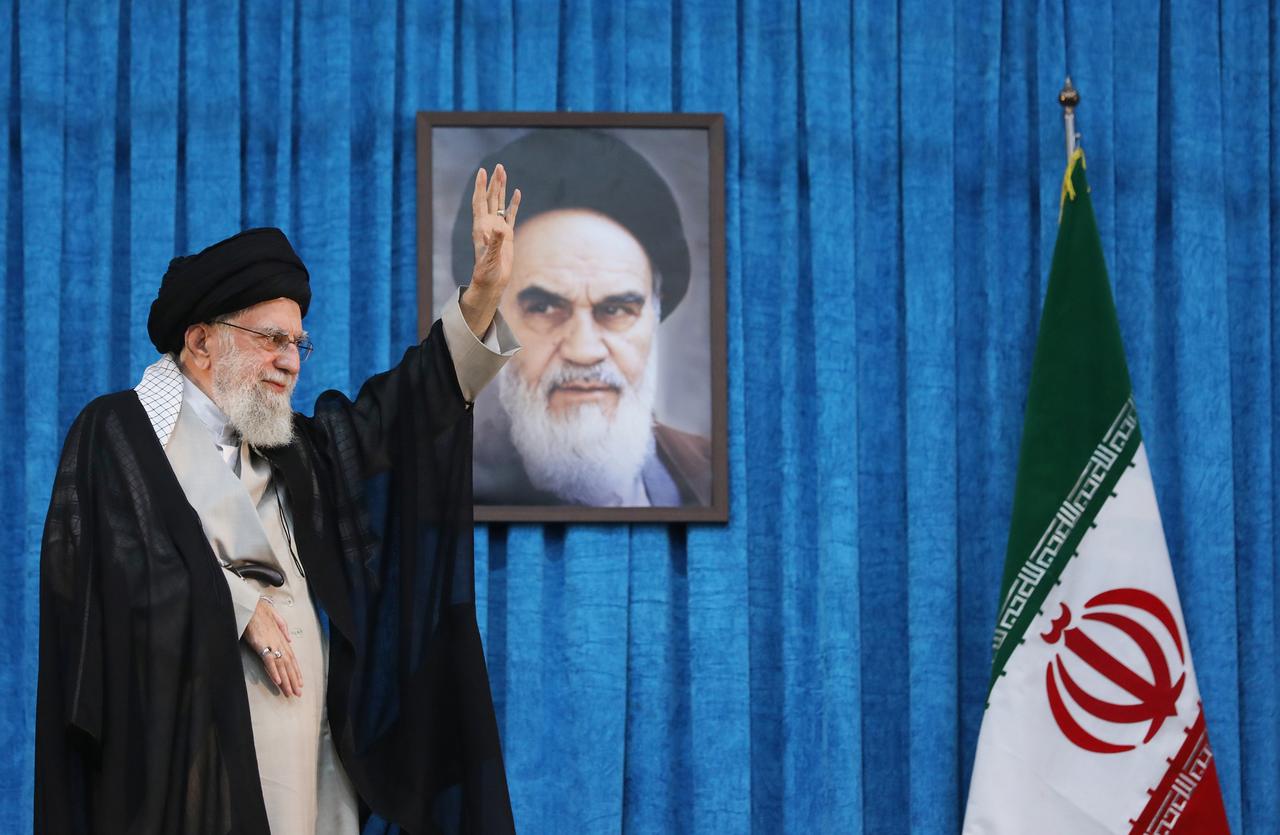
Iran's enrichment of uranium has emerged as the major point of contention between the two nations. Trump recently said his administration would not allow "any" enrichment, despite Tehran's insistence it is their right under the nuclear non-proliferation treaty.
Khamenei emphasized that enrichment is "key" to Iran's nuclear program and that the United States "cannot have a say" on the issue.
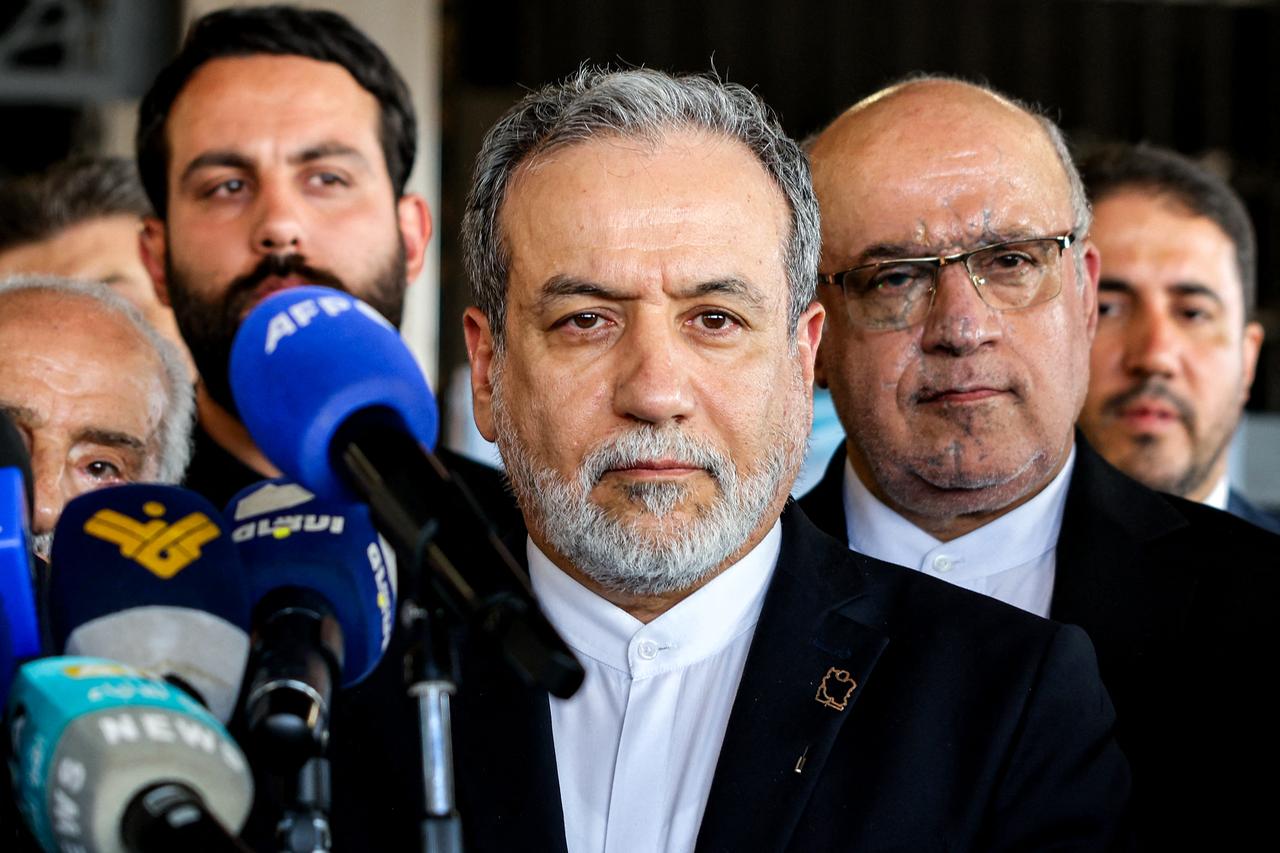
Iranian Foreign Minister Abbas Araghchi posted on X: "No enrichment, no deal. No nuclear weapons, we have a deal."
Speaking to Lebanon's Al Manar television, Araghchi said: "I believe that the diplomatic window is still open and the possibility of finding a solution through negotiations is real."
Araghchi stated: "The U.S.' latest proposal is being examined and a response will be given at the appropriate time in line with Iran's national interests."
Iran currently enriches uranium to 60%, far above the 3.67% limit set in the 2015 deal but still short of the 90% threshold needed for a nuclear warhead. Trump's two-month deadline for a nuclear deal will expire next week, according to the White House's interpretation of that timeline.
The White House is still waiting for Iran's response to its proposal for a nuclear deal, with Iranian officials saying the response is now being drafted.